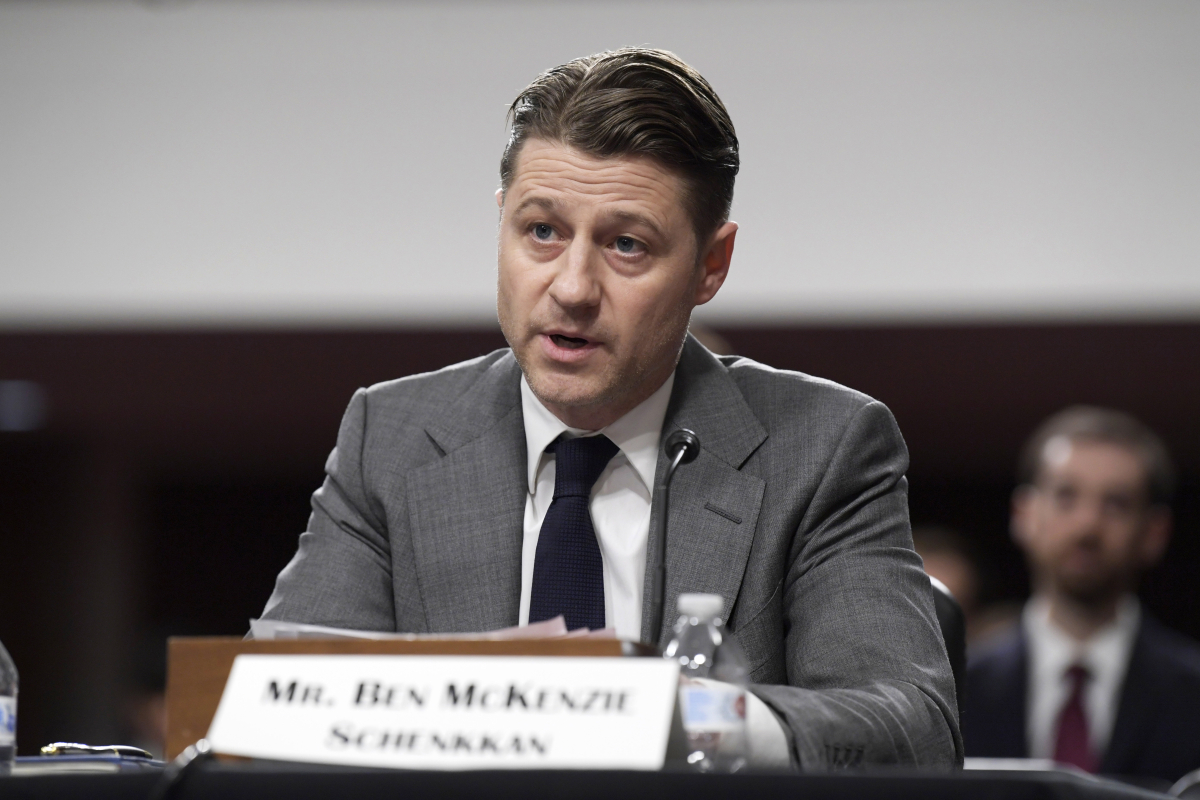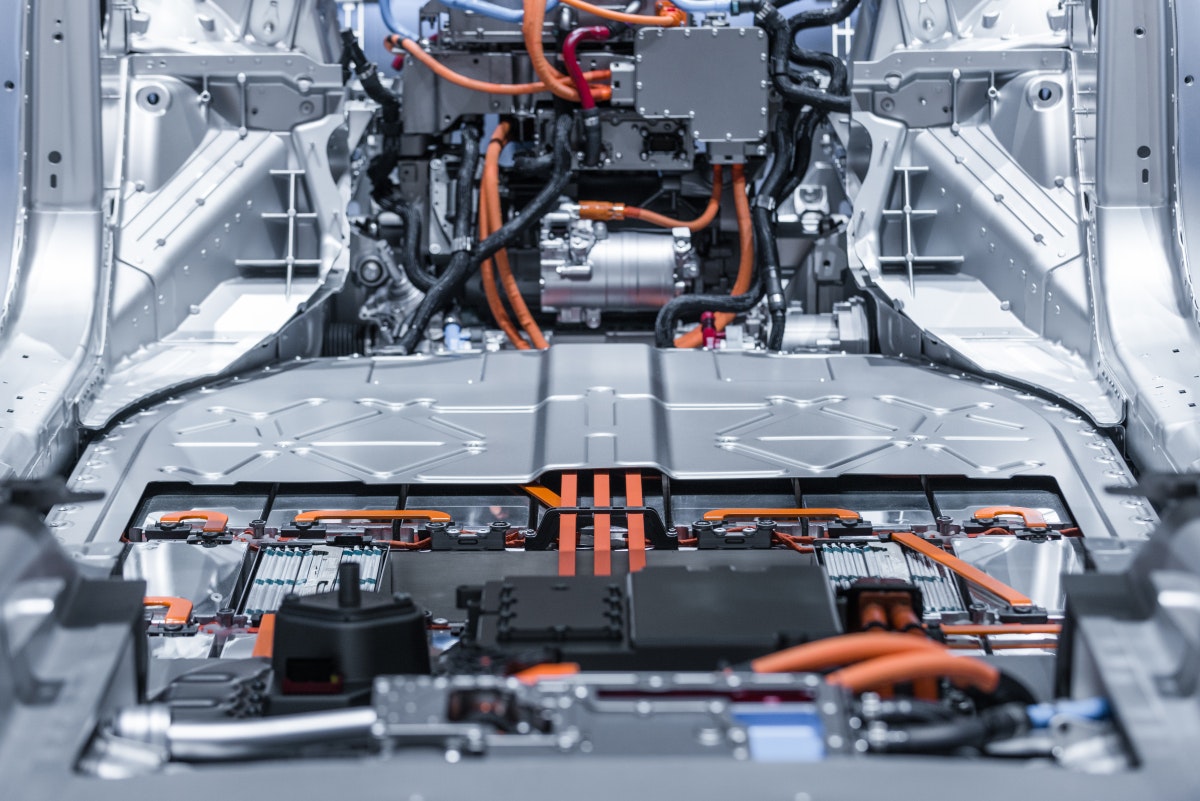Atomic powered spacecraft is said to visit the Moon, Venus and Jupiter
Monument to the Conquest of Space in Moscow. (Photo: Shutterstock.com)
In 2030, the Russian space agency wants to send a spacecraft first to the moon, then to Venus and finally to Jupiter. A nuclear reactor will provide the necessary energy on the 50-month journey.
The Russian space agency Roscosmos wants to test the nuclear-powered energy module Zeus for the first time in 2030 on a long-haul flight through space. This is reported by the Russian state press agency Tass. Zeus contains a 500-kilowatt nuclear reactor, which in turn is to be integrated into the spacecraft Nuklon. Nuklon is still under development and should be completed by the end of July 2024. The estimated cost of construction is estimated at around 46 million euros.
According to the current state of planning, Nuklon should first fly to the moon in 2030. A landing vehicle is to be dropped off there. Nuklon then flies on to Venus, where another vehicle is to be dropped off. By using the gravitation of Venus, Nuklon is supposed to start the last part of the journey and set off to Jupiter. All in all, the mission is expected to last almost four years.
Contents
Russia also wants to operate a space station with nuclear power
Obviously, Russia does not want to use nuclear reactors only for long flights into space. A report by the Russian state news agency sputnik According to Roscosmos has also presented plans for a new space station that will be equipped with two Zeus modules. Already in April the BBC announces that Russia could withdraw from the international space station ISS in 2025. Instead of the joint space station operated by the USA, Russia, Japan, Europe and Canada, Roscosmos will then set up its own.
From a technical point of view, NASA currently certifies the ISS to have a service life of at least 2028. According to current estimates, the ISS should also be operational beyond that. However, the station is already 22 years old and experts assume that the ISS will crash in a controlled manner at some point within the next 10 to 15 years.


